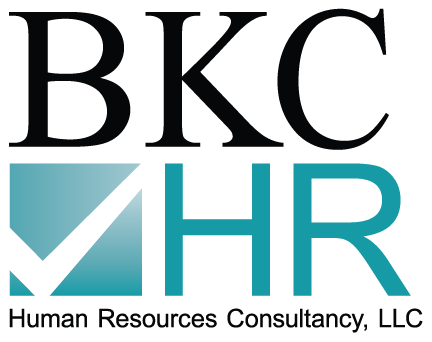Per IRS guidance issued on February 10, 2023, the IRS clarified the taxability of special state payments received by taxpayers, made by 21 states in 2022. Normally, payments made for the promotion of general welfare, or as a disaster relief payment, may be excluded from income for federal tax purposes under the General Welfare Doctrine or as a Qualified Disaster Relief Payment. Determining if those payments qualify for an exclusion requires an extensive, fact intensive review depending on a number of considerations.
Given the complicated nature of determining the treatment of those state payments against the need to provide certainty and clarity for individuals beginning to file their tax returns, the IRS determined that in the best interest of a sound tax administration, if a taxpayer does not include the amount of one of these payments in its 2022 income for federal tax purposes, the IRS will not challenge the treatment of the 2022 payments as excludable for income on an original or amended return.
People in the following states do not need to report their general welfare or disaster relief state payments on their 2022 tax return: Alaska, California, Colorado, Connecticut, Delaware, Florida, Hawaii, Idaho, Illinois, Indiana, Maine, New Jersey, New Mexico, New York, Oregon, Pennsylvania, and Rhode Island.
The IRS also determined that state payments for refunds of state taxes paid, where either the recipient claimed the standard deduction or itemized but did not receive a tax benefit, the payment is should not be included in income for federal tax purposes. States making payments that fall into this category are Georgia, Massachusetts, South Carolina, and Virginia.
Learn more about our tax planning and compliance services.
Read more helpful tax tips and articles here.




